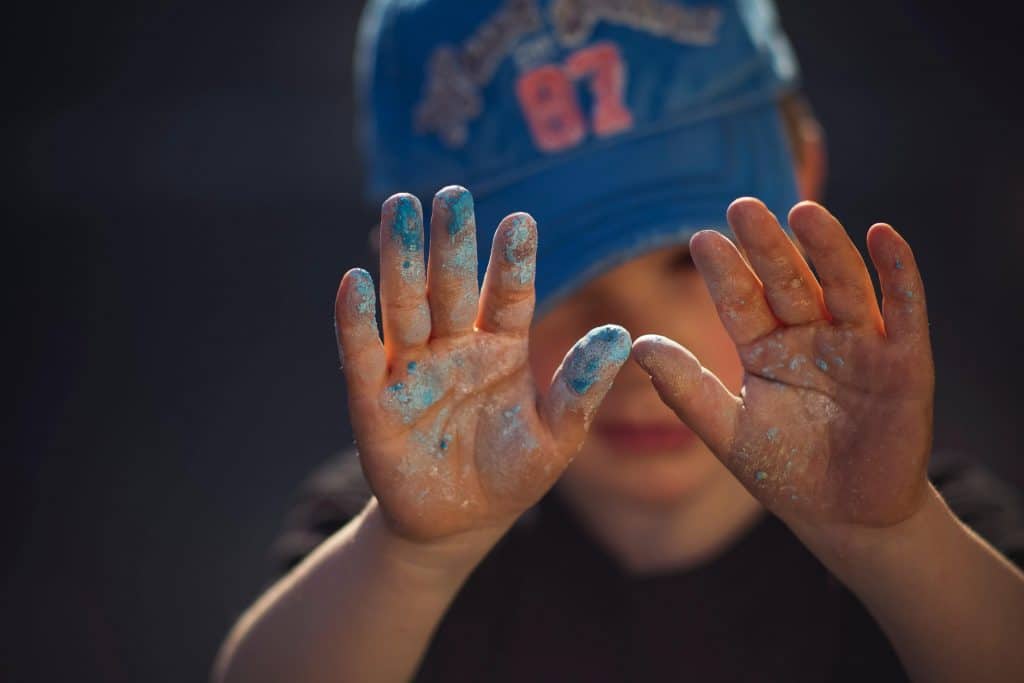How Childhood Trauma Affects Your Adulthood
When it comes to handling stress in adulthood, it’s common to assume that the root cause stems from recent problems in your personal or professional life. Fortunately, there are ways to reduce some of that stress like removing yourself from a toxic work environment or scheduling time for relaxation to get in a better headspace. But, sometimes, the stress we assume is from current circumstances is actually sprouting from previous unresolved childhood trauma.
When you think of the nostalgia, innocence, and vulnerability that is childhood, it can be easy to miss what may be affecting your decision-making skills as an adult. There is positive news: you can learn to identify your personal trauma and be proactive in your healing process.
What is Childhood Trauma?
Childhood trauma happens from early childhood to adolescent age and are characterized by adverse experiences that range from seemingly trivial or sudden moments to chronic and severe events, such as
- Physical, mental, verbal, emotional, and sexual abuse.
- Intense bullying and gaslighting.
- Witnessing a traumatic event first-hand like domestic violence.
- Severe illness, hospitalization, and medical treatments like surgery.
- Extreme situations like war, refugee migration, and even natural disasters.
These situations are just some of many a child can be traumatized and carry those experiences with them as they develop their adult minds and bodies. Some stressful experiences can be debilitating, causing you to feel like your mind is spiraling with overwhelming physical and emotional mood swings that you may not know how to deal with and that others perceive negatively.
How Childhood Trauma Can Affect You
According to studies done by the ACE Response – a program seeking to raise awareness and provide resources to prevent adverse childhood experiences in other children’s lives – those who have experienced traumatic events during childhood had:
- Severe bouts of anxiety and depression
- Post-Traumatic Stress Disorder (PTSD)
- Attempted suicide throughout their lives
- Poor mental and physical health
- Increased risk of multiple types of cancer
- A greater instance of risky sexual behavior and transmitted diseases
- Higher risk of heart, lung, and liver diseases
- Lack of physical inactivity with risk of severe obesity
- Smoking, alcoholism, and drug use tendencies
Children who have been mistreated and traumatized can grow up to recycle adverse behaviors, either in self-destructive or outwardly negative ways, with a higher chance of mental illness, interpersonal violence, and social behavior problems than those who haven’t. The long-term effects of that trauma can bleed into other parts of your life and that of your loved ones. Once you can admit that there are underlying problems due to childhood trauma, you can begin to get the support you need to feel and do better.
How To Start Your Healing Process
Practice Self-Awareness
You can only feel and do better once you learn how to identify what’s happening in your mind and body. Self-awareness is the key to understanding the trauma you’ve experienced and how it is showing up in your adult life. Feelings of abandonment or experiences of abuse can begin to cloud your mind and hide the real motivation behind mistrusting thoughts and out-of-character actions.
Take Care of Yourself
You may not have received the care you needed as a child, but you can make the decision to do better for yourself now. Oftentimes, trauma can manifest into negative behaviors that prevent you from getting what you need both mentally and physically. And it’s more important than ever to take your health seriously as 5 out of the 10 leading causes of death have been associated with childhood trauma. Make the time to focus on your nutrition, your sleep, your exercise routine, your body, and your mind. Start taking those first steps in treating yourself better today.
Quality Therapy Sessions
When it comes to therapy, it’s not about the number of sessions – it’s about the quality of care. A therapist you can trust with your specific traumas can help you make noticeable progress with real-world applications for your personal, professional, and social life. Whether it be local or online, there are options to help you start the healing process and support you whenever you need it. It can be daunting to try and handle the effects of childhood trauma on your own as childhood trauma can lay the foundation for mistrusting, anxiety-ridden, and insecure adults; however, the important thing to note is the hope that comes from learning how childhood trauma affects your adulthood and making choices now that can help you later.



